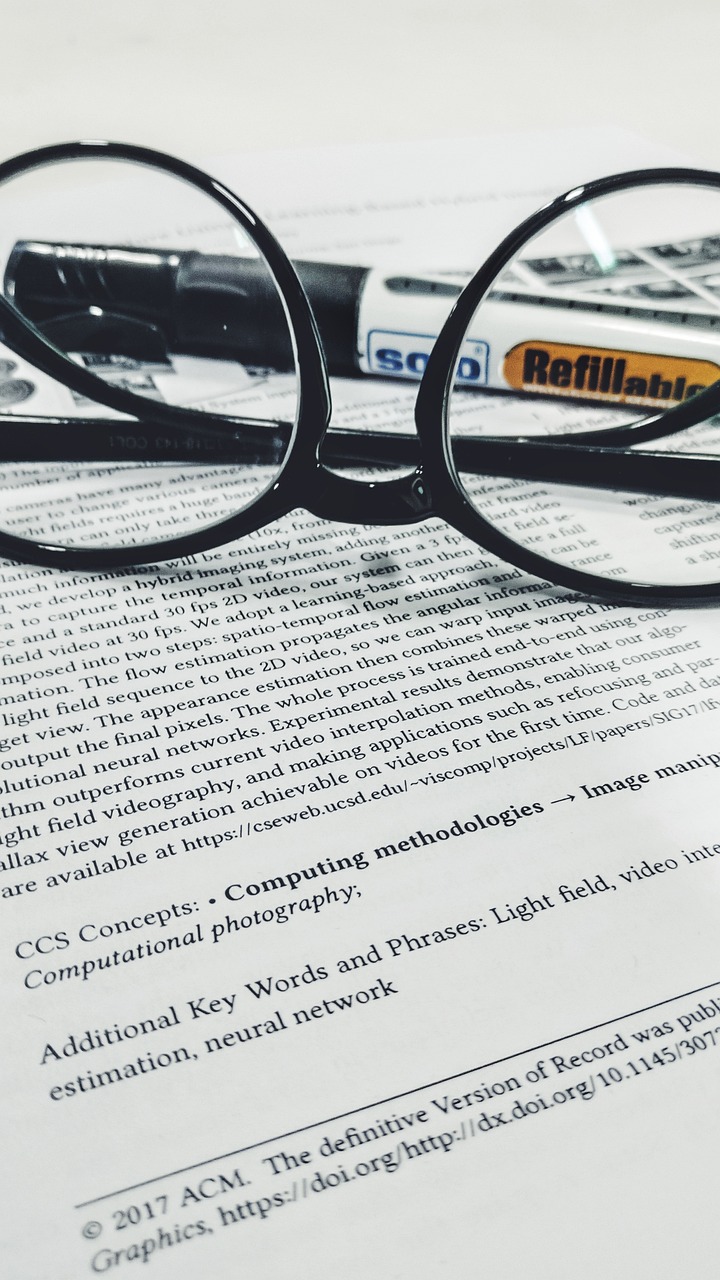Overview
The Capstone Editing Early Career Academic Research Grant for Women provides up to A$5,000 for one academic per year to assist with the costs associated with a research project of her choosing leading towards a publication.
The grant can be used to cover any costs related to the research project, such as conducting a field trip; purchasing books, software or equipment; hiring a translator; travel to learn new techniques in a lab interstate or overseas; small lab equipment; key reagents to complete a project; performing surveys or interviews; and academic editing, such as for journal articles, manuscripts and conference papers. The grant can also be used to cover expenses that most university funding does not cover, such as those related to the need of academic women to secure paid child care to assist them to meet their work responsibilities and research goals, due to the continued prevalence of traditional gender roles around caring in the home.
As part of the application, you need to outline the scope of your research project and what you plan to use the funds for, and provide evidence of the costs involved.
Why we want to help
Despite their predominant numbers at the undergraduate and graduate levels, women generally remain under-represented in academia. This is known as the ‘pipeline effect’, in which women pursue academic advancement post-PhD at a lower rate than men, with many declining to take up academic positions. This effect, although under-studied, appears to be the result of the highly competitive nature of academia, which adversely affects women in both their decision to embark on an academic career and their development within that career.
Academic workloads at all levels are often excessive, with unrealistic expectations regarding research output and the unpaid overtime that is necessary to work competitively. Ninety per cent of full-time academics work over 40 hours a week, including 51 per cent who work over 50 hours a week (and this can mean anywhere up to 80 hours a week). Given the continued social expectations and structural factors that result in women often assuming the bulk of the responsibility of meeting the demands of parenthood and other caring roles, these workloads are quite simply impossible for many female academics to sustain. Despite the progress that many academic institutions have made regarding caring’s effect on academic work, it is undeniable that overall there is a systemic failure to recognise all the ways that caring, particularly motherhood, can profoundly alter a female academic’s career.
How we can help
For early career women academics, there are often costs associated with working longer hours to meet both their varied responsibilities and their research goals. While working outside of normal hours is not a practice that we encourage, it is one that is widely acknowledged (and sometimes even expected) to occur in academia. Often a woman’s additional childcare responsibilities, for example, are a barrier to her performing this additional work, putting her at a disadvantage in comparison to colleagues without those same responsibilities. In offering this grant, Capstone Editing acknowledges the greater difficulties faced by female academics in developing and continuing their careers and seeks to ameliorate this situation with practical, financial support.





